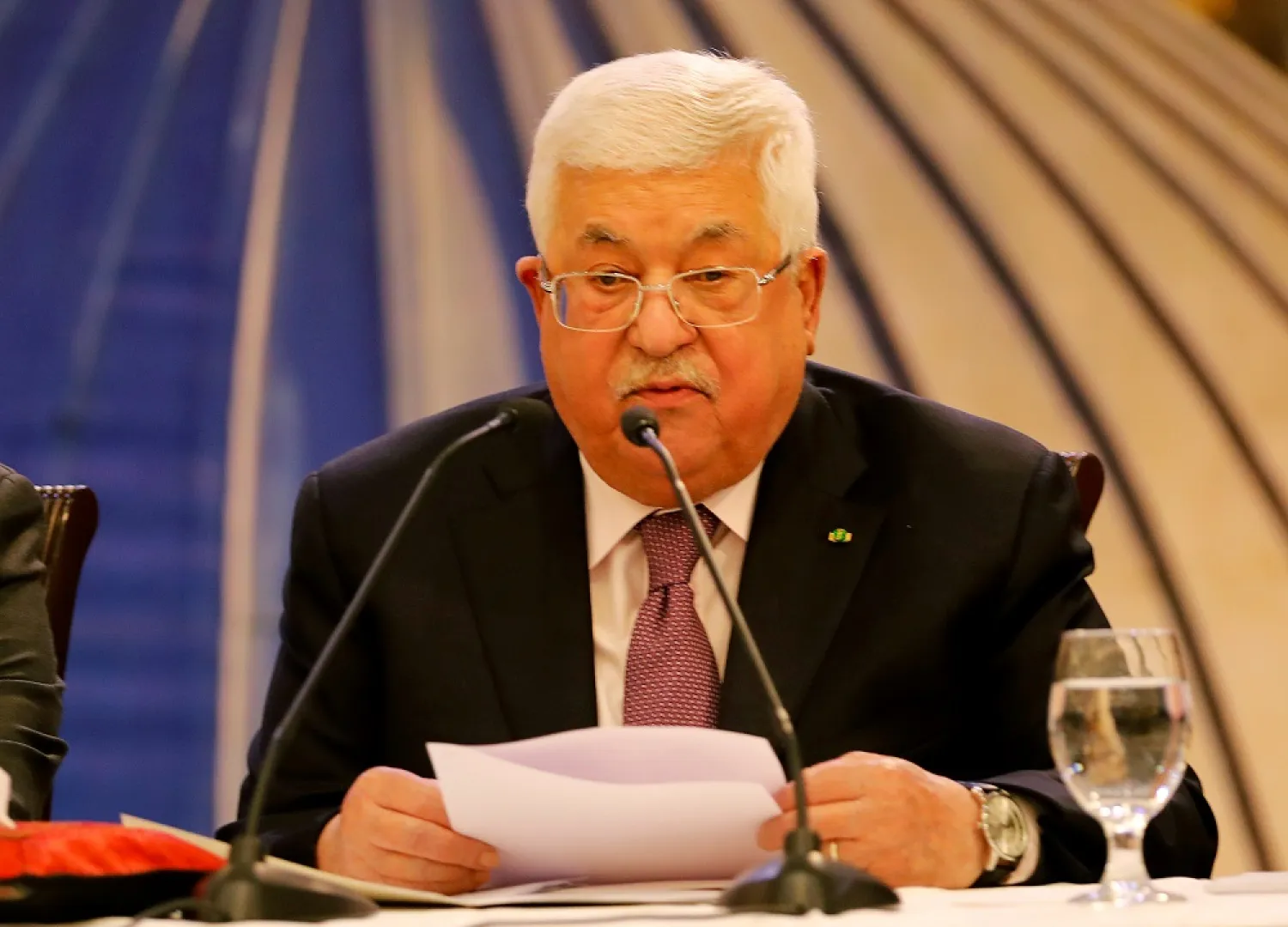Palestinian President Mahmoud Abbas has made a surprise visit to Turkey after receiving an invitation from President Recep Tayyip Erdogan.
A statement issued by the Turkish Presidency’s Communications Directorate announced the surprise visit on Friday only hours before Abbas’ arrival in Ankara.
It said the visit aims to discuss all aspects of the bilateral relations as well as steps to further enhance the cooperation between Turkey and Palestine.
Erdogan and Abbas will also exchange views on the humanitarian situation in Palestine, the latest developments in the Israeli-Palestinian conflict, as well as the reconciliation between Palestinians and the elections planned to be held in Palestine.
Palestine’s ambassador to Turkey, Faed Mustafa, said that during his three-day official visit to Ankara, Abbas aims to brief his Turkish counterpart on the ramifications of the recent Israeli onslaught on the Gaza Strip and the urgent need to start reconstruction.
Mustafa added that the two leaders are set to discuss ongoing Israeli violations in the West Bank and Jerusalem, with particular focus on the expulsions in Silwan and Sheikh Jarrah neighborhoods, and Al-Aqsa Mosque, in addition to the means to boost bilateral relations in all fields.
Abbas is also expected to meet with high-ranking Turkish officials.









